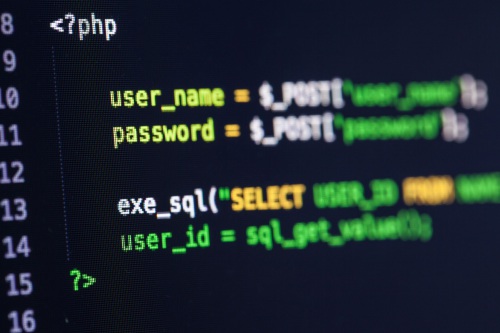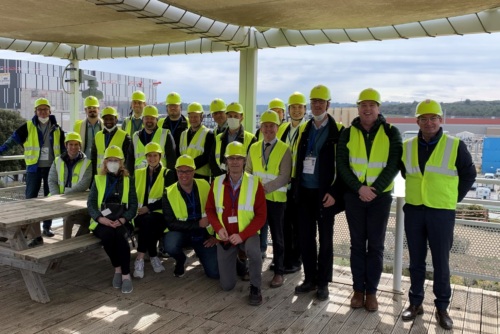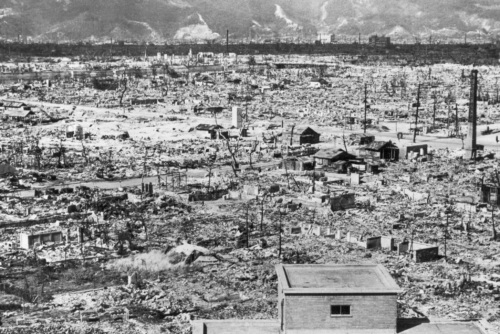
Euro-Atlantic Security Leadership Group (EASLG)
Testing ideas and developing proposals for improving security in areas of existential common interest
NTI’s nuclear, biological, and science and technology-focused programs bring our priorities to life through projects that build global engagement, generate actionable solutions, and prompt catalytic action with the goal of fostering lasting, systemic change.
Amid increasing tensions among major nuclear powers, the proliferation of nuclear materials and technology, and regional instability, the risk that a nuclear weapon will be used – by accident, miscalculation or intention – is dangerously high and on the rise.
The Global Nuclear Policy Program (GNPP) focuses on reducing and ultimately eliminating that risk by developing and implementing practical, innovative approaches and encouraging and facilitating international cooperation. GNPP works with governments, partner organizations, and leaders around the world to develop policies, leadership, and the global capacity—human and institutional—to reduce reliance on nuclear weapons, prevent their spread, and ultimately end them as a threat to the world.
Testing ideas and developing proposals for improving security in areas of existential common interest
Working toward a shared vision of a nuclear weapons-free world
Building political will for a safer world
Moving past Cold War-era thinking
A high-level international commission with a unique goal to lay the intellectual foundation for an inclusive Euro-Atlantic security system for the twenty-first century
Developing institutional capacity and analysis to shape nuclear dialogue and policy in key regions throughout the world
NTI supported model projects in Russia’s closed nuclear cities to help prevent the spread of nuclear knowledge
Working toward a world without nuclear weapons
Engaging U.S. voters about the urgency to reduce nuclear and other WMD threats
A series of reports focused on progress in locking down vulnerable nuclear materials
A collaborative effort to unite experts from around the world to explore new approaches to verification
Developing a new generation of leaders
See Past Projects
Nuclear materials, whether used in weapons systems or for energy programs, are at risk of theft, sabotage, or diversion by state and non-state actors alike. A lack of political focus, patchy regulations, and inconsistent enforcement globally could pave the way for an act of nuclear terrorism. Additionally, as the demand for nuclear energy grows, so does the risk that individual countries could divert nuclear materials from peaceful purposes to develop clandestine nuclear weapons programs.
NTI’s Nuclear Materials Security Program works to strengthen global nuclear security and verifiably prevent the spread of nuclear materials that could be used to create a nuclear bomb. The program works closely with governments, industry, and other non-government organizations to better secure vulnerable nuclear materials or eliminate them where possible. It also seeks to identify and implement new approaches to the nuclear fuel cycle, reducing proliferation risks, and fostering responsible nuclear energy growth. NTI establishes practical solutions by convening leaders, developing actionable recommendations, and tracking progress on commitments, taking into account each stage of the nuclear fuel cycle and advanced reactor development.
Generating new solutions for spent fuel waste management and addressing broader fuel cycle concerns
Building a safer, more secure, and more proliferation-resistant nuclear fuel cycle
Breaking down gender barriers and making gender equity a working reality
Strengthening the global nuclear security system
Minimizing the use of HEU in civil applications
Engaging a diverse group of states to develop innovative monitoring and verification solutions
Improving verification to prevent nuclear weapons proliferation
Building a framework for assurance, accountability, and action
NTI joined with the government of Kazakhstan to eliminate more than a dozen nuclear bombs' worth of highly enriched uranium from a civilian nuclear power reactor
An international bank to supply nations with low-enriched uranium (LEU) to operate nuclear power reactors in case of supply disruption.
A gripping docudrama aired on HBO about the threats posed by loosely secured nuclear weapons and materials around the world
Tackling "the 83 percent"
An exercise involving prominent Russian and U.S. experts
Engaging hospitals, industry and governments on radiological risks
Securing poorly guarded chemical weapons
See Past Projects
Biological threats – whether natural, accidental or deliberate — can kill millions, cost billions, and create political and economic instability in individual countries and around the world. The risks and consequences of a global catastrophic biological event can be magnified by weak global health security, increasing urbanization and travel, growing terrorist interest in weapons of mass destruction, and rapid advances in technology that enable newly developed or manipulated pathogens with pandemic potential.
To reduce these risks and strengthen biosecurity, NTI | bio works with governments, industry, academia, international organizations and NGOs to foster multilateral dialogue, identify weaknesses, and promote systemic change to improve biotechnology governance and national health security capacities.
Advances in biotechnology outpace national governments’ ability to provide needed oversight to prevent accidents or deliberate misuse of dangerous biological agents.
Reducing biological risk and enhancing global security
Preventing global catastrophic biological risks (GCBRS)
The GHS Index highlights individual country needs, boost compliance with international standards, and create better understanding of global capabilities to prevent, detect, and respond to biological threats.
Safeguarding modern bioscience and biotechnology so it can advance and flourish safely and responsibly
Rapidly assessing origins of high-consequence global biological events
Cultivating the Next Generation of Global Biosecurity Leaders
Establishing an international Common Mechanism for DNA Synthesis Screening
Establishing stronger norms and practices to prevent accidents, misuse, and other adverse outcomes of life science research
Building global cooperation and capacity between public health experts across the world
Working to enhance biological security around the world and reduce biological weapons proliferation risks
Strengthening capabilities in infectious disease surveillance
Early detection of disease threats
NTI helped the World Health Organization establish and build a fund to allow teams of epidemiologists to deploy immediately to investigate and respond to disease outbreaks around the globe.
Addressing dramatic TB rates in North Korea
See Past Projects
The increasing use of digitization and automation in nuclear weapons systems bring benefits and new risks. The Scientific and Technical Affairs Program seeks to capture the opportunities new and emerging technologies afford while working to prevent and reduce the impact of their malevolent use.
With guidance from a high-level Science and Technology Advisory Group, the S&T program focuses on building a future in which new technologies and approaches—from monitoring technologies to artificial intelligence—will reduce nuclear proliferation risks, enhance future arms control agreements, improve cybersecurity of critical systems, and build transparency among nuclear weapons states.
What if a hacker shut down the security system at a highly sensitive nuclear materials storage facility, giving access to terrorists seeking highly enriched uranium to make a bomb?
Building Global Cybersecurity Capacity at Nuclear Facilities
Developing Options to Address Cyber Threats to Nuclear Weapons
Open, increasingly digital data combined with tools for data analytics can supplement traditional nonproliferation efforts by detecting illicit proliferation
For as long as we have nuclear weapons, the United States must ensure they are safe, secure, and reliable.
As cyber capabilities evolve and nuclear weapons systems become increasingly vulnerable to cyberattacks, the risk increases that nuclear weapons will be used by accident or miscalculation.
The damaging effects of the light, heat, blast, and radiation caused by a nuclear explosion have been known to scientists since the end of the Second World War
Overview of NTI's work to assess the impact of the cyber threat on nuclear security and to contribute to efforts to get ahead of the threat
See Past Projects
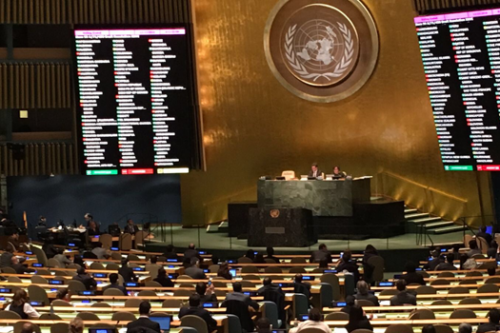
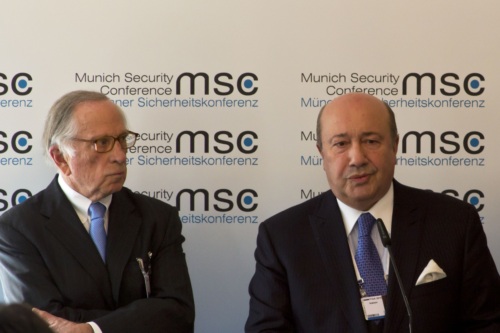
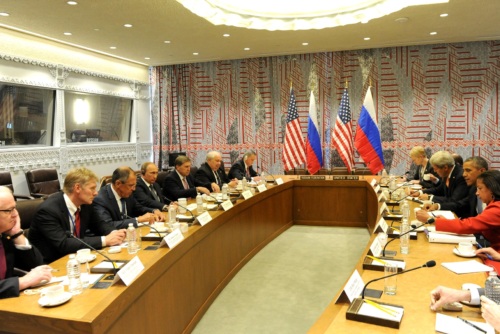 Past Project
Past Project 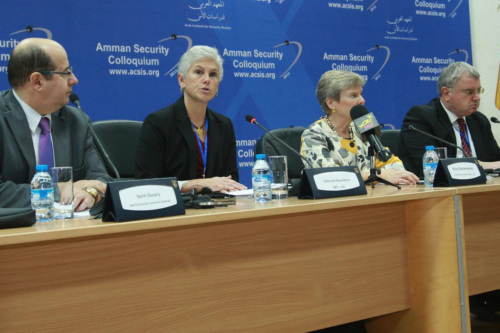 Past Project
Past Project 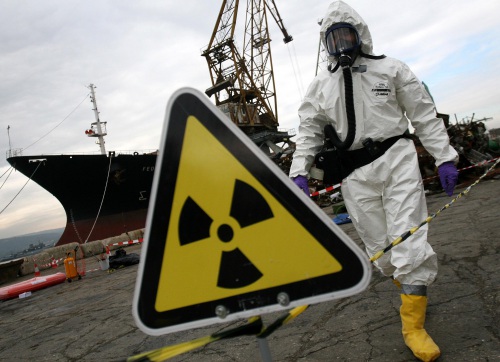 Past Project
Past Project  Past Project
Past Project 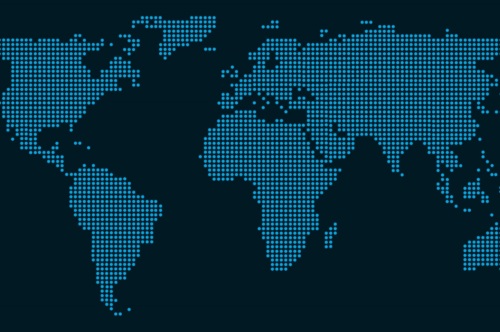 Past Project
Past Project  Past Project
Past Project 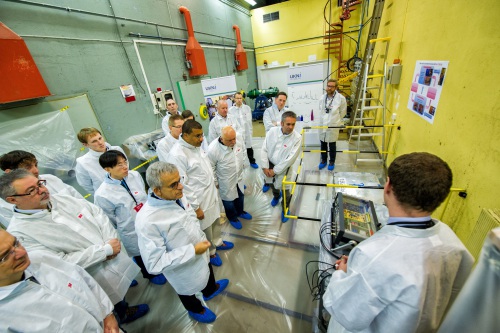 Past Project
Past Project 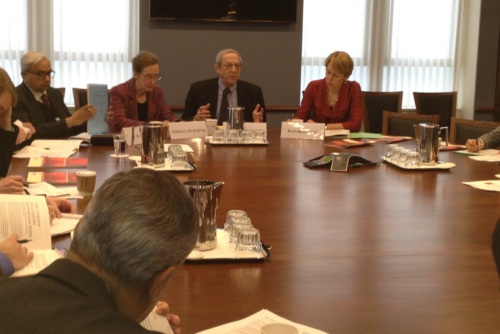 Past Project
Past Project 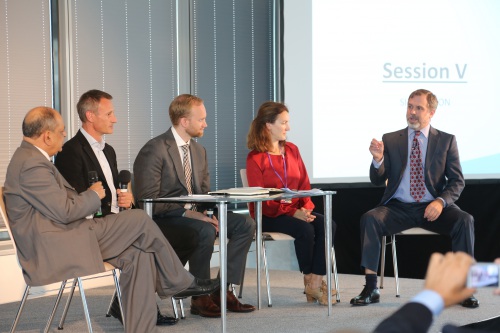 Past Project
Past Project  Past Project
Past Project 


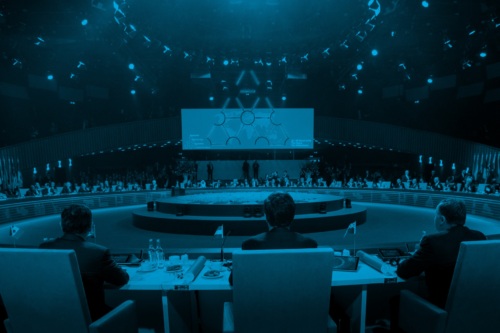
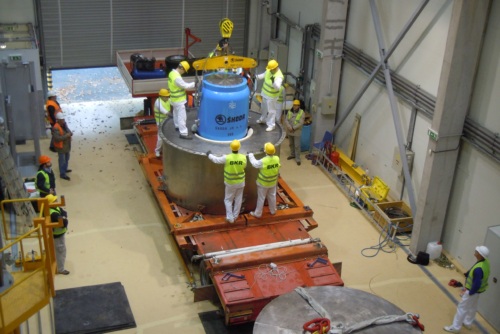
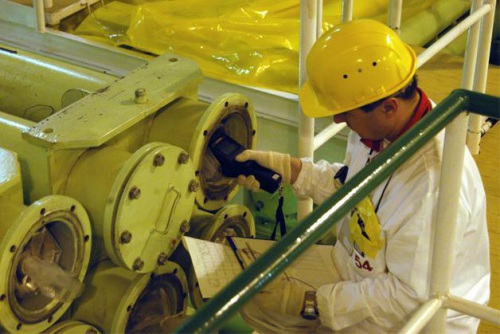
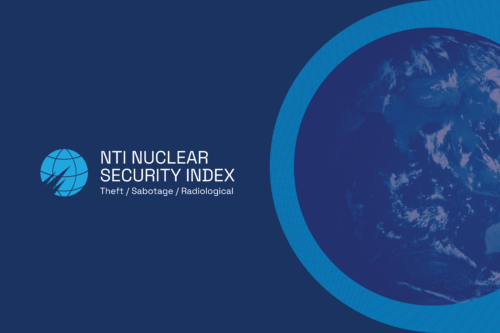
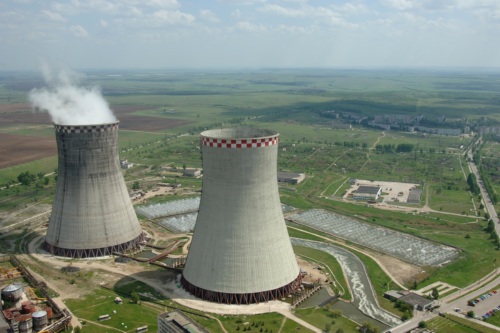 Past Project
Past Project  Past Project
Past Project 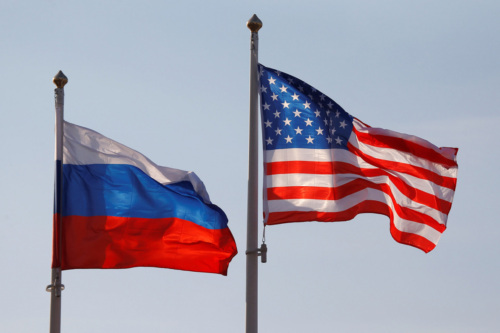 Past Project
Past Project 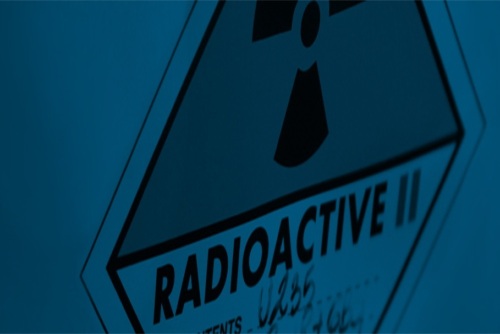 Past Project
Past Project 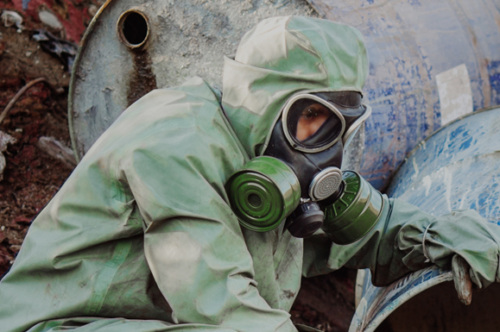 Past Project
Past Project 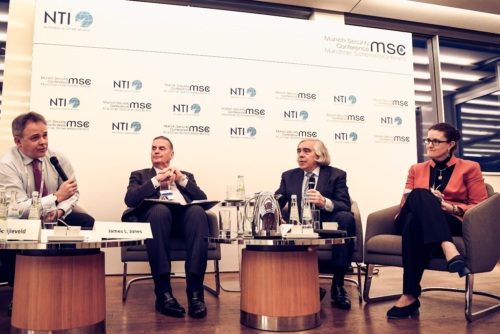
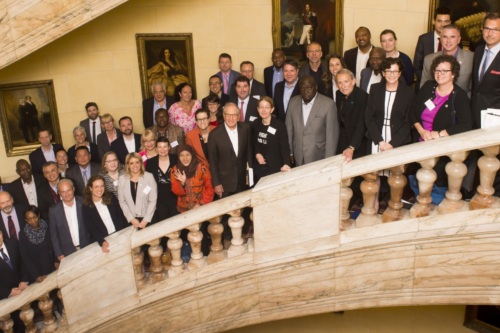
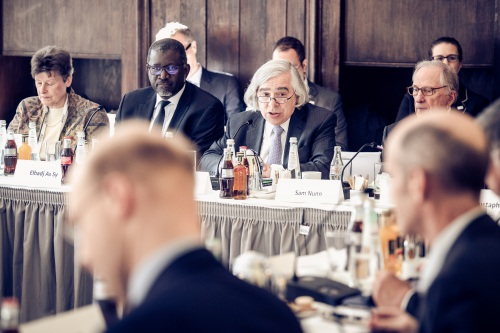
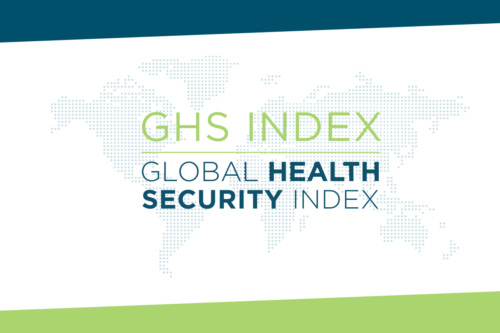

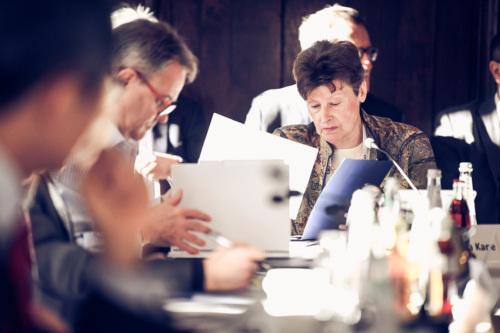
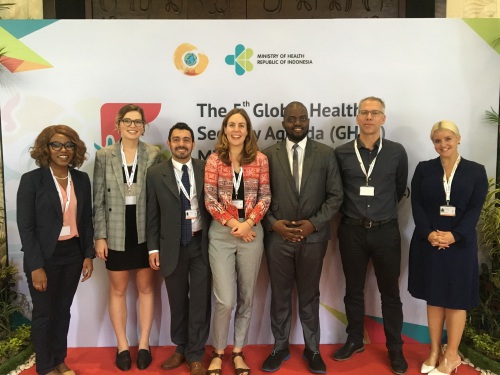


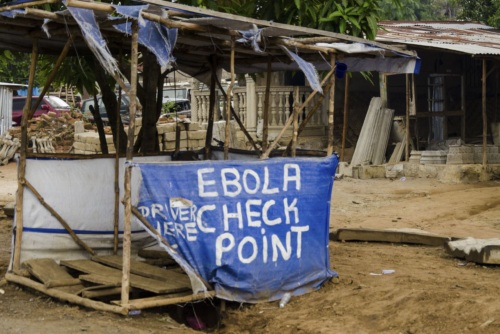 Past Project
Past Project  Past Project
Past Project  Past Project
Past Project 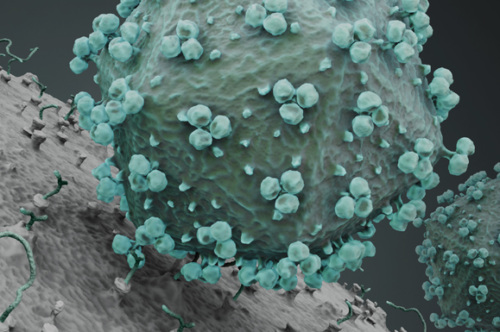 Past Project
Past Project  Past Project
Past Project 